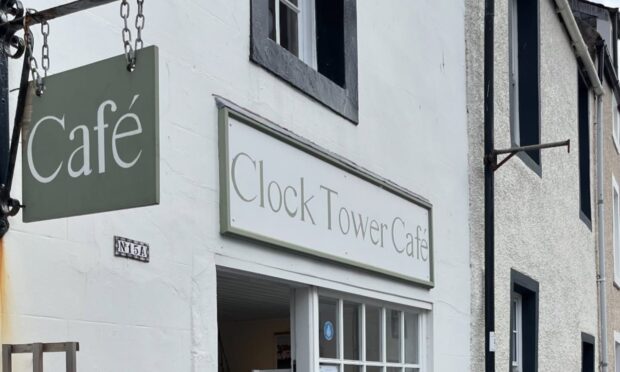A student campaign against an HMO threshold in St Andrews is irresponsible, according to a university economist.
Dr Ross Brown, of St Andrews University’s School of Management, said promoting further houses in multiple occupation went against academic evidence on the negative impact on the town’s housing market and its community.
He said the various parties involved need to work together to find a resolution, amid concerns about town and gown relations.
Student association president Lewis Wood said the threshold to be set by Fife Council limiting the number of HMOs in St Andrews effectively prevented any more of the licensed properties – homes let to three or more individuals – being permitted.
Dr Brown, who conducted his own study of the effects of HMOs – said the petition raised important questions for policy-makers and the university.
He said: “Specifically, the call by students to effectively abandon controls on HMOs within St Andrews seeks to incentivise more private sector HMOs in the town.
“This is a highly contentious policy aim most local residents would find deeply worrying.
“Regulating HMO activity is a statutory responsibility for the local authority.
“Indeed, the recent decision by Fife Council to set some maximum thresholds for HMOs within different parts of the town is evidence-based and welcomed by most residents.
“Not only does this align the town with other local authorities with similarly pressurised housing markets, it draws on research both by myself and other housing academics who have investigated these issues.”
Dr Brown said the HMO-led phenomenon of ‘studentification’ in St Andrews – which has the highest proportion of the rental properties in Scotland – made the problems of unkempt gardens, antisocial behaviour and bins left on streets commonplace.
More worrying, he said, was the impact on the housing market, with house prices almost double Scotland’s national average, and social housing.
He said: “Longer term, reduced numbers of families in the town being replaced by childless students could potentially jeopardise the provision of schools and other local services in the town.
“These systemic, often damaging and under-neglected aspects of HMOs are clearly overlooked by students.”
Students were absolutely right to campaign for safe, high quality and affordable accommodation, he said, but in a small town the only way to reduce pressure on the housing market was to increase the supply of dedicated student accommodation.
He said: “The inescapable conclusion from most studies is that in tight housing markets universities must shoulder the main responsibility to mitigate negative impacts on their respective housing markets.
“If the university wishes to grow its student numbers in the future it must properly address the provision of housing to deal with its growth in this manner.”
Current expansion of student accommodation by nearly 1,000 beds was encouraging, he said, and the transfer of Madras College South Street campus to the university could provide a further opportunity.










